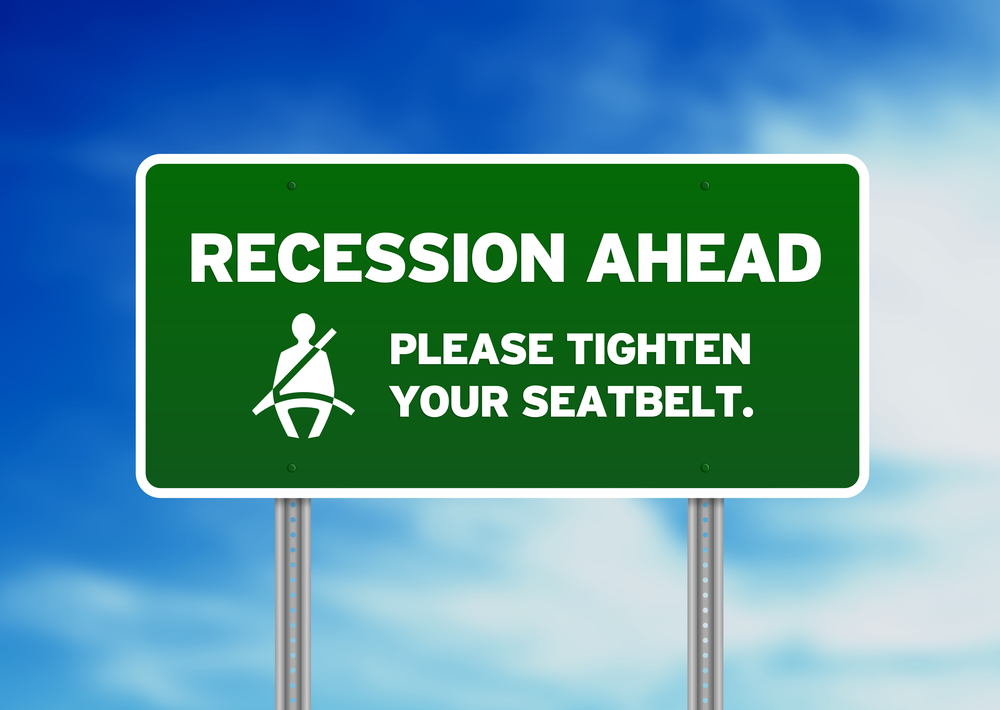 Are you heading for a business recession? The textbook defines a recession as two consecutive quarters of declining gross national product. However, practical business executives with PNL responsibility may see a true recession as an anticipated downturn in forecasted business activity. By that definition most people feel we are in the midst of one now and some executives have begun reducing their recognition efforts and/or trimming their sales incentive investment as way to weather the anticipated dip in earnings.
Are you heading for a business recession? The textbook defines a recession as two consecutive quarters of declining gross national product. However, practical business executives with PNL responsibility may see a true recession as an anticipated downturn in forecasted business activity. By that definition most people feel we are in the midst of one now and some executives have begun reducing their recognition efforts and/or trimming their sales incentive investment as way to weather the anticipated dip in earnings.
An economic slowdown should prompt a collective belt-tightening across the corporate midsection, right? Think again. Smart businesses approach forecasted soft patches as an opportunity to get aggressive. The objective; swoop in and seize market share, strengthen customer equity and ignite employee innovation.
Customer is the BOSS
During a business recession, customers hold the power. While they still have needs, they are also more cautious, risk averse and cost sensitive. Progressive firms are recalibrating their selling propositions constantly, but during a recession, the smartest ones make an extra effort to applaud consultative selling behaviors that satisfy the buyer’s desired for added value.
Want meaningful incentive measures that protect share and drive incremental revenue during business recession? Try rewarding for increased sales penetration across key accounts. You may also SPIFF the strategic bundling of products or services across key customer segments. Consider adding a customer satisfaction qualifier and/or an internal peer nomination element to the program.
Why? During down times you want to stress steps-to-success as much as the outcome itself. “Doing it right” counterbalances any lost momentum that may occur with longer sales cycles brought on by cautious customers.
What to do if business recession caught you very short on funds?
Explain the behavioral component to your marketing team and sell the notion that your program actually reinforces the behaviors that set the brand apart. They may see your program as a cost-effective complement to their customer acquisition and retention initiatives.
Speaking of employee behaviors remember this. Recessions affect employee confidence too. Left unchecked restlessness, ambivalence, and a yearning to try something different can percolate. Businesses run the risk of losing employee mindshare at a time when they can least afford it.
Companies that recognize innovation, promote best practices and nurture front line leadership are aligning employee values even during the toughest of times. They are literally leveraging the most important source of competitive advantage—people. And manage to keep them motivated regardless of how long business recession takes.
No one wants to pass through a business recession, of course. They can be long and difficult drains on wealth, but you can definitely survive it! Challenges also present opportunities. Properly designed reward and incentive programs can protect your standing in the category, chip away at a competitor’s weakness and put you in the position to ramp up quickly once the economy begins to hum again.
Leave a Comment